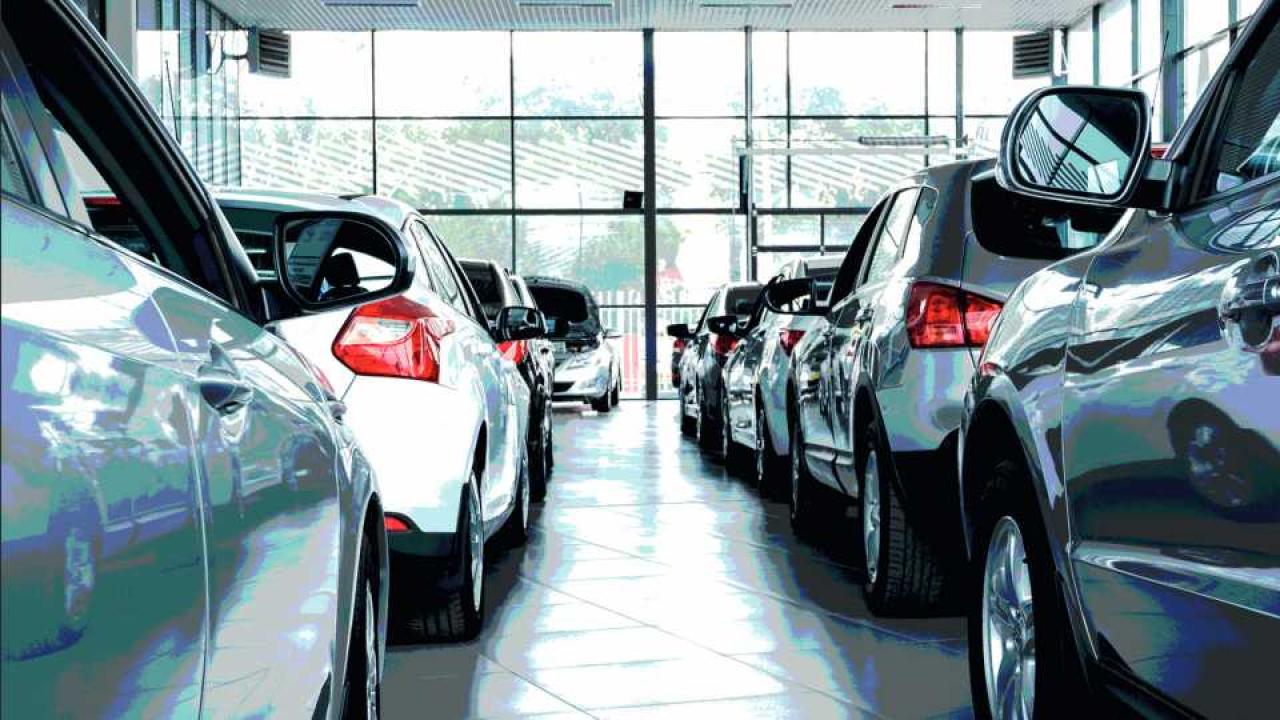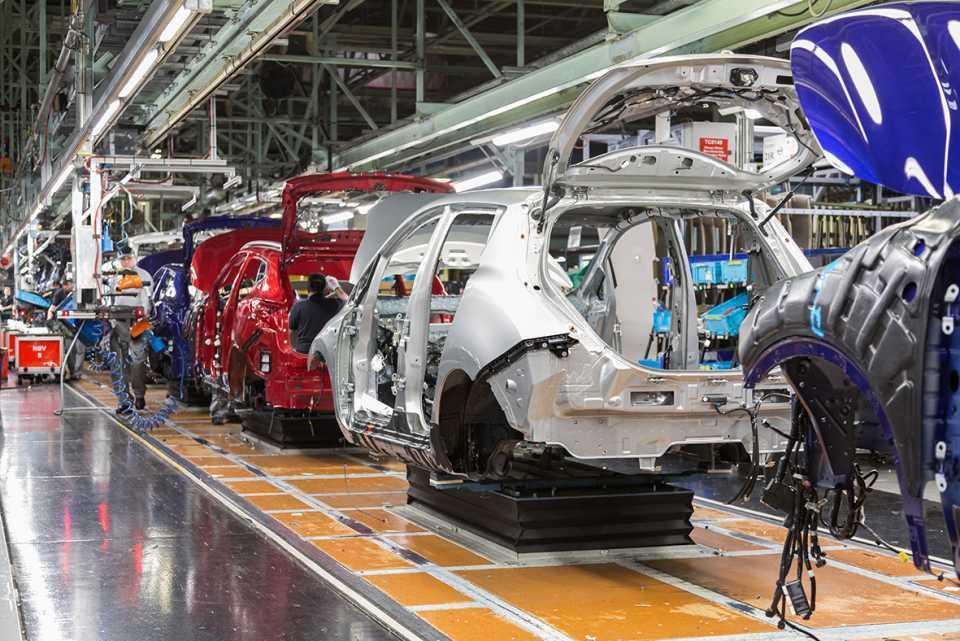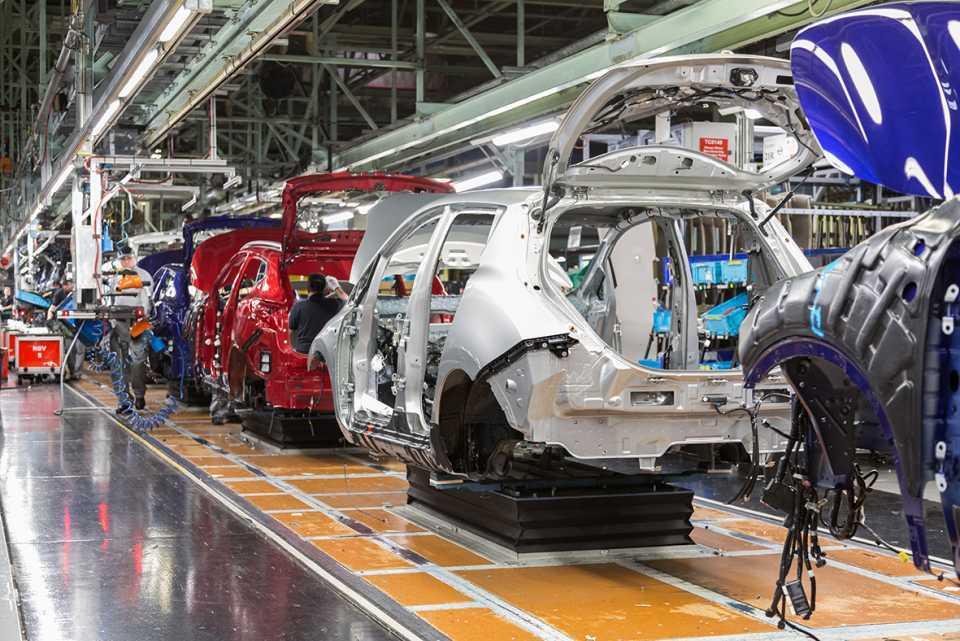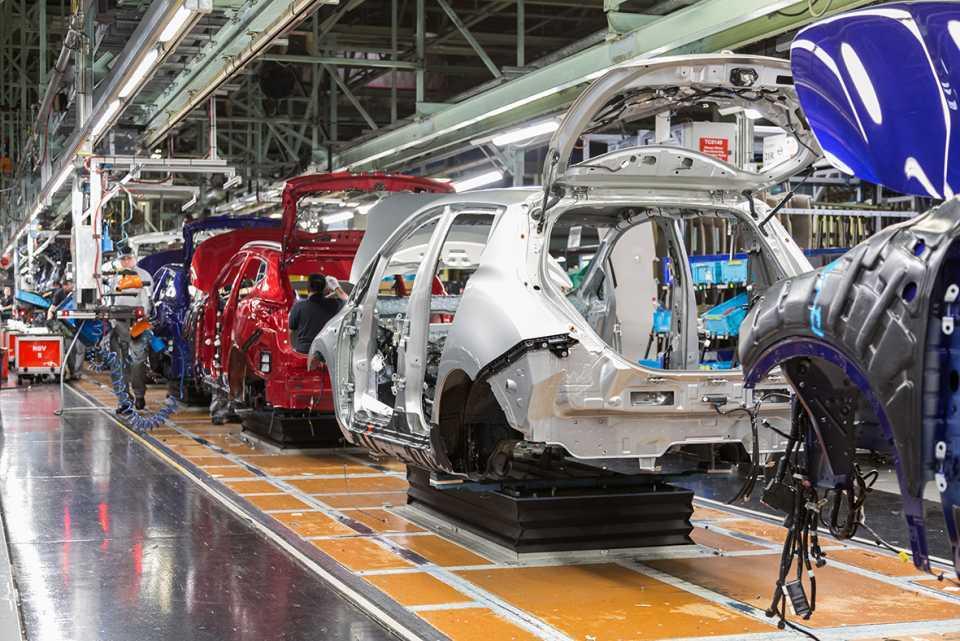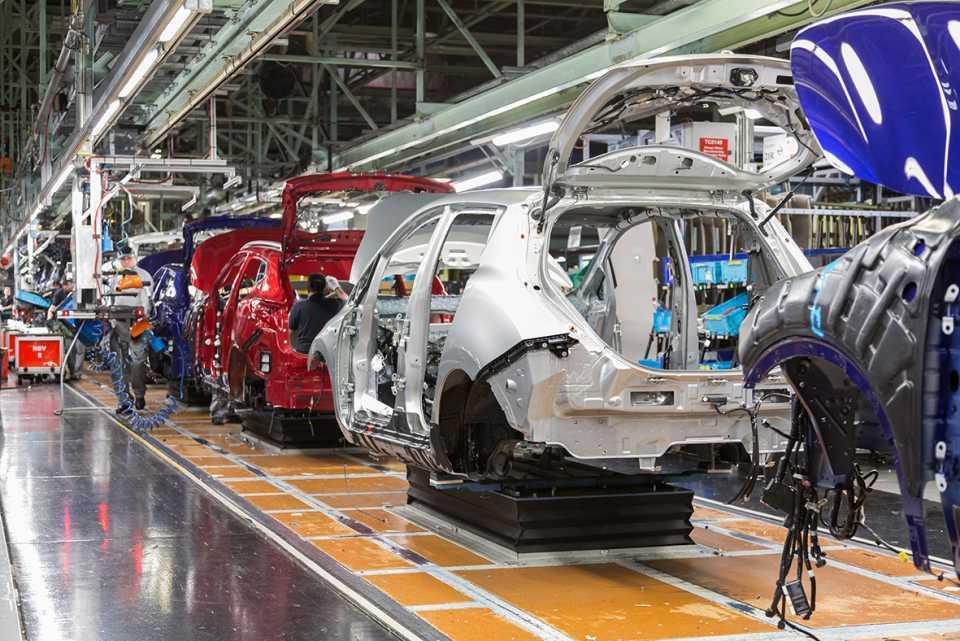The government has confirmed the zero emission vehicle (ZEV) mandate, which will set out the percentage of new zero emission cars manufacturers will be required to produce each year up to 2035, will be going ahead from next year.
The decision to continue with the ZEV mandate comes despite the government delaying the ban on the sale new petrol and diesel cars and vans fby five years to 2035.
The zero emission vehicle (ZEV) mandate requires 80% of new cars and 70% of new vans sold in Great Britain to be zero emission by 2030, increasing to 100% by 2035.
The mandate sets minimum annual targets, starting with a requirement for 22% of new cars sold in 2024 to be zero emission, as originally proposed. This will rise each year up to 100% by 203.
The measures give the manufacturers flexibility through a trading scheme, enabling them to bank compliance in years when they exceed annual targets for use in future years or trade them with other manufacturers that have fallen short. In the first year, car manufacturers can borrow for up to 75% of their annual target, falling to 25% in 2026, to support them in the early stages.
Mike Hawes, Chief Executive, The Society of Motor Manufacturers and Traders (SMMT), said: "The automotive industry is investing billions in decarbonisation and recognises the importance of the zero emission vehicle mandate as the single most important measure to deliver net zero.
"We welcome the clarity the mandate’s publication provides for the next 6 years and the flexibilities it contains to support pragmatic, equitable delivery across this diverse sector. Manufacturers offer a vast range of zero emission vehicles, but demand must also match supply – that means making ZEVs affordable by incentivising drivers to make the switch now and delivering the infrastructure to meet consumer expectations."
Ben Nelmes, CEO of New AutoMotive, said: “These regulations give the green light to the biggest transport revolution in half a century that will lead to cleaner, cheaper cars for all. These targets will be greeted with sighs of relief across the car industry, bringing much-needed clarity, and will support the development of UK-made electric vehicles from Essex to Ellesmere Port. We have been calling for a California-style Zero Emissions Vehicle mandate for over two years, and we are pleased that the government is taking a pragmatic and sensible approach that will put Britain back in the fast lane to electric, net zero motoring.”
Dominic Phinn, Senior Policy Manager, Climate Group, comments: “The government is giving with one hand and taking away with the other. Businesses have long called for clarity and certainty around the ZEV Mandate so they can get on with investing in electric cars and vans, but the decision to push back the phase-out date for the sale of petrol and diesel cars last week has undermined any enthusiasm businesses may have for this announcement.
“While we are pleased to see that manufacturers will be mandated to ensure 80% of their sales of passenger cars are fully electric by 2030 as planned, it's disappointing to see that targets for vans have been lowered. The delay of the phase-out date undercuts the ability of businesses to confidently invest, and many were already having difficulty getting hold of electric vans - this won’t help them. The government needs to stop messing businesses around and deliver on its commitments to drive the EV transition as a necessary step in achieving net zero by 2050.”
Sue Robinson, Chief Executive of the National Franchised Dealer Association (NFDA) which represents car and commercial retailers across the UK, commented: "Whilst NFDA and its dealer members are committed to helping government in reaching net-zero and reducing emissions within transport, the Government’s decision to keep the electric vehicle sales targets for cars in the ZEV mandate unchanged generates concern amongst franchised dealers. These ambitious registration targets will create a difficult trading environment in conjunction with the recent decision to push back the ban of petrol and diesel vehicles from 2030 to 2035."
"As the consumer facing end of the industry, franchised dealers will have to continue to push for electric vehicles to meet these targets whilst the recent five-year delay will likely damage consumers demand for electric vehicles. To adopt a pragmatic approach to net-zero targets, NFDA strongly urges the government to introduce attractive incentives to make electric vehicles more accessible for less-affluent motorists."
"For vans, NFDA embraces the revised trajectories. This adjustment better aligns with market demand and establishes more attainable objectives within the sector.”
“NFDA expressed that the proposed targets were too ambitious for areas such as Northern Ireland, which are extremely underprepared in terms of electric vehicle infrastructure, with only 1% of UK chargers being installed in the province. We therefore welcome these regulations not applying to Northern Ireland while the Assembly at Stormont is not sitting. Today’s decision gives the sector in Northern Ireland time to catch up to the rest of the UK.
“Franchised dealers play a vital role in the transition to electric vehicles, contributing significantly to EV sales within the UK and investing millions into the transition to electric. We are committed to supporting consumers throughout this journey, ensuring they have access to the information needed to make the switch to electric. However, it is crucial that government policies align with these efforts to create a seamless transition”.

